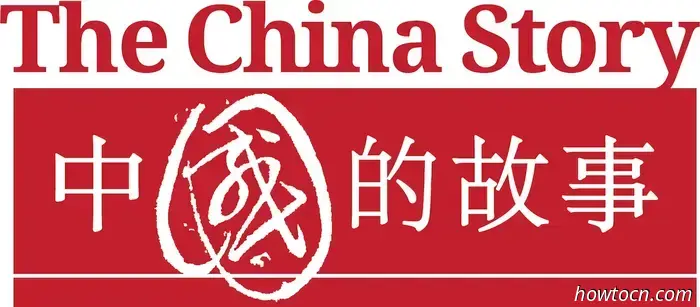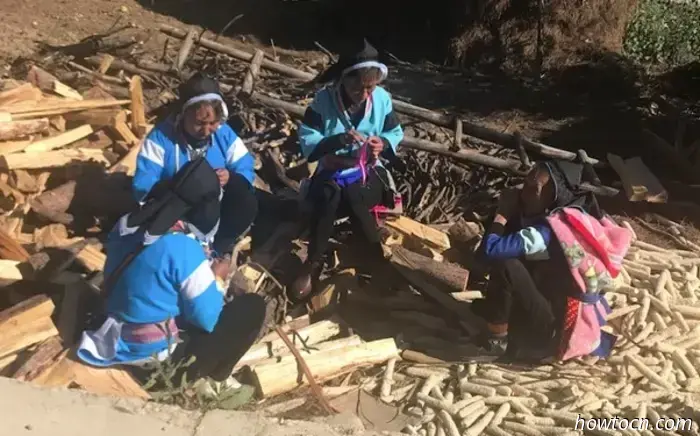
About Annie Luman Ren
Annie Luman Ren served as a Postdoctoral Fellow at the Australian Centre on China in the World and was a co-editor of The China Story.
View all posts by Annie Luman Ren
About Graeme Smith
Graeme Smith is affiliated with the Australian National University’s Department of Pacific Affairs. His research focuses on Chinese investment, migration, military interactions, technology, and aid within the Asia-Pacific region. He also co-hosts the Little Red Podcast alongside Louisa Lim.
View all posts by Graeme Smith
About Linda Jaivin
Linda Jaivin is the author of The Shortest History of China and has written 11 additional books. She is also a literary translator and serves as an editorial associate at the Australian Centre on China in the World.
View all posts by Linda Jaivin


China's social credit initiatives originated twenty-five years ago, as officials and companies aimed to address issues such as the prevalence of counterfeit goods, triangular debt situations—where A lends to B, B lends to C, and C lends back to A, resulting in a stalemate of problematic debts that jeopardize financial stability—and a general lack of respect for the nation's laws and regulations. As a result, the central government and multiple ministries dedicated many years to creating data-sharing frameworks among typically segmented governmental bodies, along with establishing blacklists to penalize substantial offenders and incentives to encourage 'trustworthy' conduct.

In April 2024, the Taiwan Constitutional Court conducted a hearing regarding the potential violation of constitutional human rights guarantees by the death penalty. On September 20, it decided to maintain the death penalty, introducing some new safeguards for its application. Although a coalition of abolitionist non-governmental organizations (NGOs) and research institutions, spearheaded by the Taiwan Alliance to End the Death Penalty (TAEDP), has spent twenty years campaigning for its abolition, numerous polls have consistently shown significant public resistance to eliminating the death penalty.

As US TikTok users seek solace in an alternative Chinese app named Xiaohongshu, we explore the app's background, its distinctive features, and its growing global impact.

Chinese digital nationalism is experiencing a notable rise. A significant indication of this is the increasing public interest in cultural heritage across the nation, particularly among younger generations. They showcase their passion through the enthusiastic purchase of heritage items, such as traditional Hanfu 汉服 fashion, which includes the classic skirt known as mamianqun 马面裙 and the cheongsam, a widely recognized women's dress style from the early 20th century, also referred to as qipao. As reported by Alibaba’s digital marketing platform, in January 2024, sales of mamianqun rose by nearly 25 percent, while cheongsam sales increased by over 31 percent.

The lives of Africans in Guangzhou have been adversely impacted by China's stringent visa and residency regulations, as well as police oversight. This includes direct visa checks that could result in deportation, and indirect monitoring in shopping malls where Africans conduct business, the hotels they occupy, and the community committees in their residential areas. The majority of African importers possess thirty-day tourist visas or visitor visas that last one to two months, which are inadequate for placing orders, waiting for factory deliveries, and managing shipping processes. Only a small percentage have managed to secure longer residency permits (up to one year) to operate cargo businesses or stores in China. Some individuals are residing there illegally, either on fraudulent visas (sometimes issued by deceitful visa agencies) or by overstaying due to a lack of funds to purchase a return ticket.

China boasts a significant level of linguistic diversity, with 281 languages belonging to nine different language families. However, the distribution of speakers among these languages is highly uneven. Of its total population exceeding 1.4 billion, 91.11 percent are Han Chinese who communicate in Putonghua and/or other Sinitic languages; the remaining 8.89 percent comprises non-Han Chinese or minority ethnic groups who speak an additional 200 languages.
Thank you for engaging with the China Story. The moment has arrived for us to part ways. The website will cease updates starting February 2025.